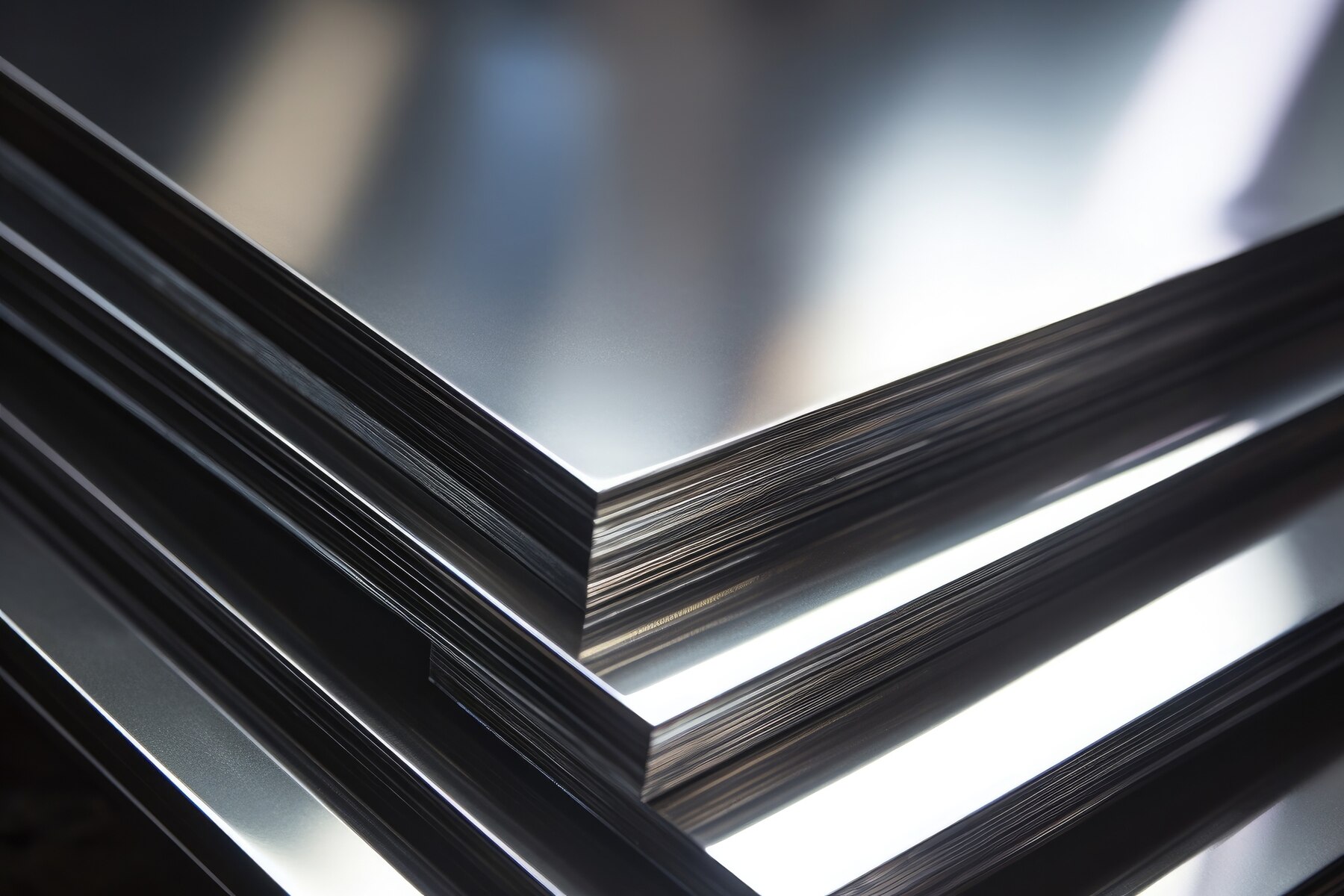Aluminum alloys are widely used in various industries, including aerospace, automotive, and construction, due to their unique combination of properties, such as strength, corrosion resistance, and lightweight. However, the production of aluminum alloys poses several challenges that need to be addressed to ensure the quality and reliability of the final product.
Challenges in Aluminum Alloy Production
Raw Material Quality: The quality of the raw materials used in aluminum alloy production can significantly affect the final product's properties. Impurities in the raw materials can lead to defects, such as porosity, segregation, and cracking.
Melting and Casting: The melting and casting process can be challenging, as it requires precise control of temperature, pressure, and flow rates to prevent defects, such as shrinkage, porosity, and inclusions.
Heat Treatment: Heat treatment is a critical step in aluminum alloy production, as it affects the microstructure and properties of the alloy. However, heat treatment can be challenging, as it requires precise control of temperature, time, and atmosphere to prevent defects, such as over-aging and under-aging.
Corrosion Resistance Aluminum alloys are susceptible to corrosion, which can lead to degradation of the material's properties. Ensuring corrosion resistance requires careful control of the alloy composition, heat treatment, and surface finish.
Cost and Energy Efficiency Aluminum alloy production is energy-intensive and costly. Reducing energy consumption and costs while maintaining quality is a significant challenge.
Solutions in Aluminum Alloy Production
Advanced Raw Material Processing Implementing advanced raw material processing techniques, such as filtering and purification, can improve the quality of the raw materials and reduce impurities.
Optimized Melting and Casting Techniques Using optimized melting and casting techniques, such as vacuum casting and electromagnetic stirring, can improve the quality of the melt and reduce defects.
Advanced Heat Treatment Techniques Implementing advanced heat treatment techniques, such as precipitation hardening and aging, can improve the microstructure and properties of the alloy.
Corrosion Protection Coatings Applying corrosion protection coatings, such as anodizing and polymer coatings, can improve the corrosion resistance of aluminum alloys.
Energy-Efficient Production Methods Implementing energy-efficient production methods, such as recycling and using renewable energy sources, can reduce energy consumption and costs.
Conclusion
Aluminum alloy production poses several challenges, but implementing advanced raw material processing, optimized melting and casting techniques, advanced heat treatment techniques, corrosion protection coatings, and energy-efficient production methods can overcome these challenges and ensure the production of high-quality aluminum alloys.
Recommendations
- Implement advanced raw material processing techniques to improve raw material quality
- Optimize melting and casting techniques to reduce defects.
- Use advanced heat treatment techniques to improve microstructure and properties.
- Apply corrosion protection coatings to improve corrosion resistance.
- Implement energy-efficient production methods to reduce energy consumption and costs.
By addressing the challenges and implementing the solutions outlined in this blog, aluminum alloy producers can improve the quality and reliability of their products, reduce costs, and increase customer satisfaction.

